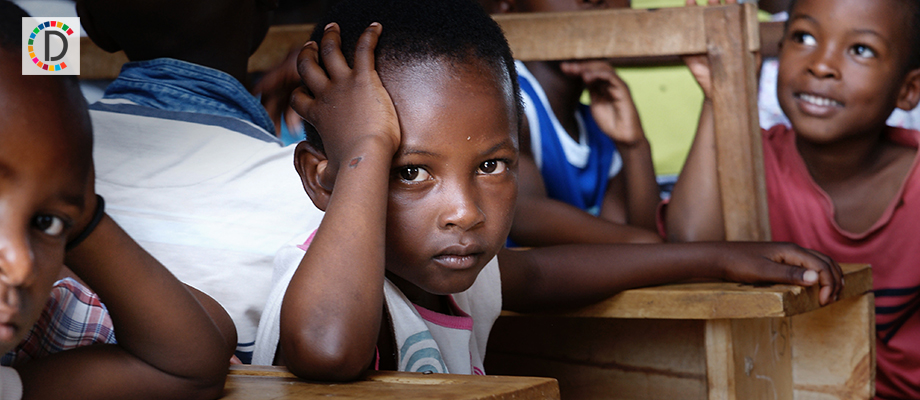Nigeria: 6 Pregnant, 25 Children rescued from baby factory in Port Harcourt

- Country:
- Nigeria
Police in Rivers State said on Wednesday that at least 25 children and six pregnant women have been rescued from a "Baby factory" in Port Harcourt, the state capital, as reported by Vanguard Nigeria.
The spokesman of the state police command, Nnamdi Omoni, said the development followed the offensive launched by the command’s E-Crack Team against the baby trafficking syndicate operating at Oyigbo and Trans Amadi in the Port Harcourt metropolis on Tuesday.
According to Omoni his team discovered a baby factory and rescued 25 children and six pregnant women with some other suspects believed to be owners of the place. They are presently at Mile 1 Police Station.” Omoni said police had commenced moves to track down the other members of the gang.
Baby factories are institutions where young people give birth to children who are then placed for sale on the illegal adoption market. The term refers to any place where pregnant women and young teenage girls are voluntarily or forcefully impregnated and kept illegally until their babies are born.
Baby Factory is similar to human trafficking and it is widely practiced in Nigeria because of two common reasons, first is desperate teenagers with an unwanted pregnancy who are willing to give birth for financial benefit and the other is the rapid growth of infertile couples with desires of family planning.
According to the Reproductive BioMedicine Online journal, there are few possible ways to tackle this problem.
- The burden of being childless should be reduced including media platforms who can create awareness.
- Increased access to infertility care.
- Family counseling can be given for childless couples and increased visibility of centers that offer ethical infertility care and family planning.
- The development of a positive self-image in the young by creating suitable jobs for them, especially for vulnerable adolescent girls.
- Attempts to convince the government to legalize surrogacy for those who really need it and to ban commercial surrogacy for ethical reasons.
- READ MORE ON:
- Nigeria
- Port Harcourt
- Nnamdi Omoni
- baby factory
ALSO READ
Afreximbank partners with Sterling Bank to launch ‘Payables Finance’ in Nigeria
Nigeria union requests more troops to combat oil theft
A film in Nigeria remembers the Chibok girls abducted 10 years ago, and unites heartbroken families
At least 21 killed in Nigeria after herdsmen attack villagers
Nigeria judge adjourns case against Binance and two executives to May 2










